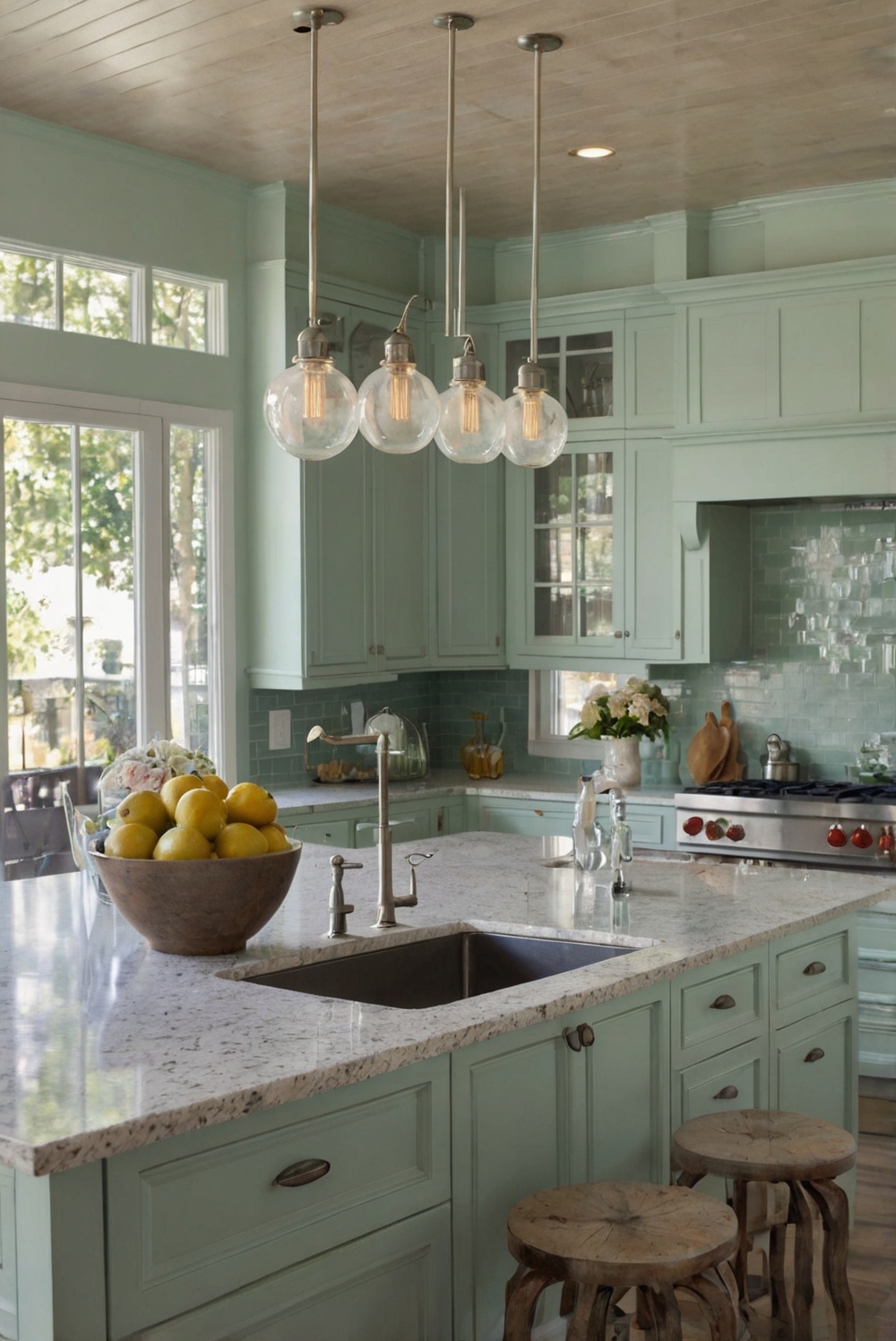Discover the cost differences between quartz, granite, and solid surface countertops. Explore price variations and find the perfect option for your budget and style.
How does the cost of quartz countertops compare to granite and solid surface options?
Quartz countertops typically cost more than granite but less than solid surface options. The price varies based on the brand, style, and quality of the materials. Quartz offers durability and low maintenance, making it a cost-effective choice in the long run. To compare prices effectively, consider factors like installation costs, warranties, and long-term durability. Additionally, research different suppliers and request quotes to find the best deal. Creating a budget and narrowing down your preferences can help you make an informed decision when comparing quartz, granite, and solid surface options.
When it comes to choosing countertops for your kitchen, one of the key factors to consider is the cost. Quartz, granite, and solid surface options are popular choices, each with its own advantages and price points. Understanding the cost differences between these materials can help you make an informed decision that fits your budget and design preferences.
1. What is the typical cost difference between quartz countertops and granite countertops?
Quartz countertops are generally more expensive than granite countertops. The cost of quartz can range from $50 to $120 per square foot, while granite typically falls in the range of $40 to $75 per square foot. The price of both materials can vary depending on factors such as quality, brand, design, and installation requirements.
2. Can I save money by choosing a solid surface option over quartz or granite?
Solid surface countertops, such as Corian or acrylic-based options, are usually more budget-friendly than quartz or granite. The cost of solid surface materials can range from $40 to $80 per square foot, making them a more economical choice for those looking to save money without compromising on quality.
3. How to determine the overall cost of installing quartz countertops in my kitchen?
To calculate the total cost of installing quartz countertops in your kitchen, you need to consider several factors. These include the cost of the material per square foot, the size and layout of your kitchen, any additional customization or edge treatments, the cost of labor for installation, and any other associated expenses such as removal of old countertops or sealing.
4. What are the benefits of choosing quartz countertops over granite or solid surface materials?
Quartz countertops offer several advantages over granite and solid surface options. They are non-porous, resistant to staining and bacteria growth, low-maintenance, and come in a wide range of colors and patterns. Quartz is also more durable than solid surface materials and does not require sealing like granite.
5. How to budget effectively for a quartz countertop installation project?
To budget effectively for a quartz countertop installation project, start by determining the total square footage of countertops needed, then research the cost of quartz materials and installation in your area. Factor in additional costs for edging, customization, delivery, and any unforeseen expenses. Consider getting quotes from multiple suppliers and contractors to compare prices and find the best deal.
6. Can I negotiate the price of quartz countertops with suppliers or contractors?
Yes, you can negotiate the price of quartz countertops with suppliers or contractors. Be open to discussing your budget and preferences, ask for discounts or promotions, compare quotes from different vendors, and consider bundling services like installation or delivery to potentially lower the overall cost. Building a good rapport with suppliers can also lead to better deals.
7. How to compare the durability and long-term cost-effectiveness of quartz, granite, and solid surface countertops?
When comparing the durability and long-term cost-effectiveness of quartz, granite, and solid surface countertops, consider factors such as scratch and heat resistance, maintenance requirements, warranties, and estimated lifespan. Quartz is known for its durability and stain resistance, making it a cost-effective choice in the long run compared to granite, which requires periodic sealing. Solid surface options offer similar benefits at a lower price point, but may not be as durable as quartz in high-traffic areas.
In conclusion, when deciding between quartz, granite, and solid surface countertops, understanding the cost differences and long-term benefits of each material is crucial. By assessing your budget, design preferences, and lifestyle needs, you can choose the option that best suits your kitchen and provides value for your investment. Remember to compare prices, negotiate when possible, and plan your installation project carefully to ensure a successful outcome.








